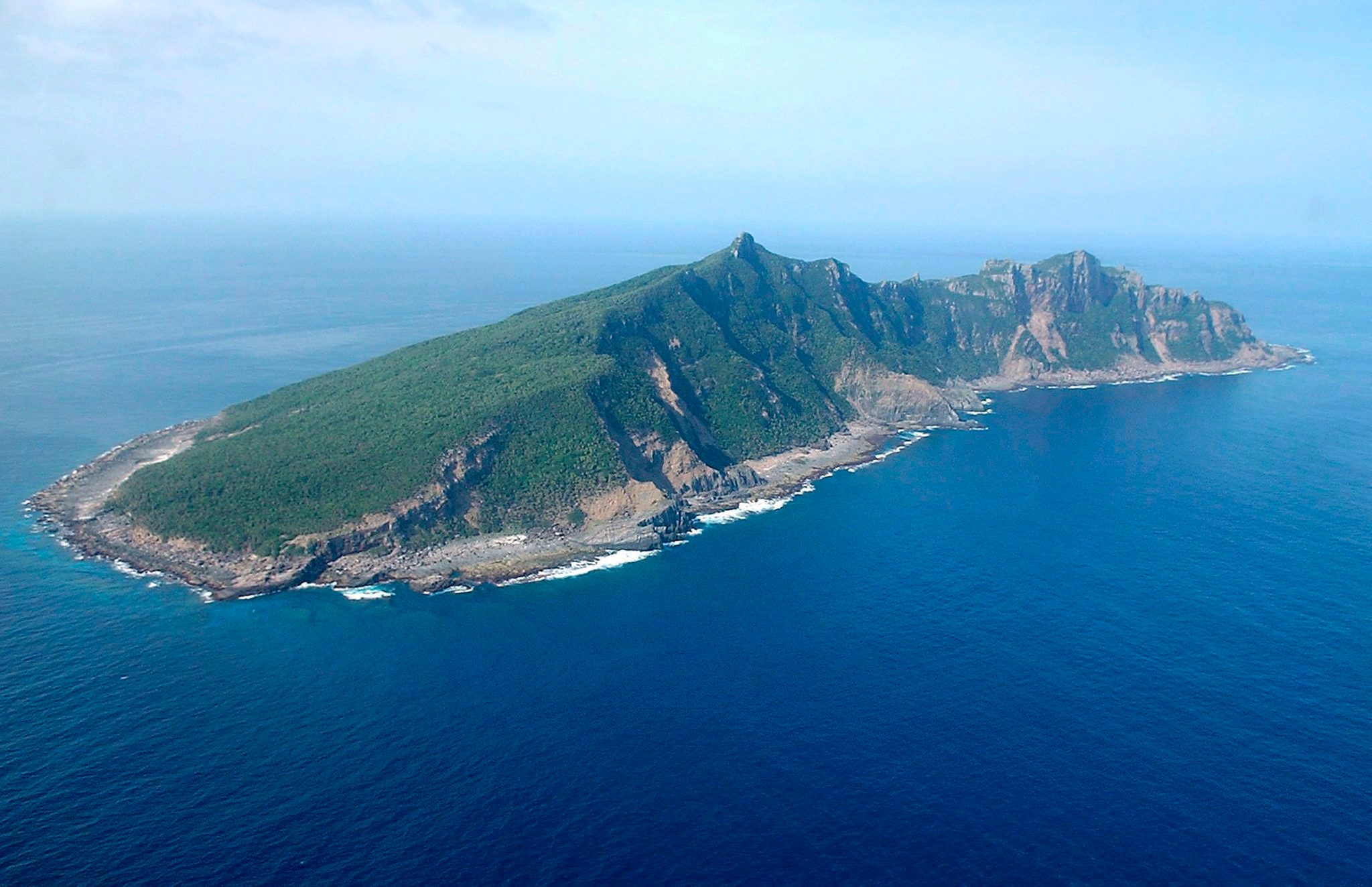SUMMARY
This is AI generated summarization, which may have errors. For context, always refer to the full article.

BEIJING, China – Beijing has protested to Tokyo over its approval of new high-school textbooks that describe disputed islands as Japanese territory, China’s foreign ministry said Tuesday, March 22.
“We are seriously concerned about this trend in Japan and we have lodged solemn representations with Japan,” foreign ministry spokeswoman Hua Chunying told reporters.
China is embroiled in a territorial row with Japan over the disputed islands, known as the Senkakus in Japan, which controls them, and claimed by Beijing as the Diaoyus.
“I want to reiterate that Diaoyu and its affiliated islands have belonged to China since ancient times. No matter what measures Japan may take to promote or push its stance, it will not change the basic fact that Diaoyu belongs to China,” she said.
The Chinese Communist Party uses nationalism as part of its claim to a right to rule, and regularly accuses the democratically-elected government in Tokyo of not atoning sufficiently for Japan’s wartime atrocities.
The disputes have seen relations between Asia’s largest economies plummet in recent years, before recovering to some extent more recently.
The high school textbooks will include 60% more content on the islands following more stringent government guidelines on curriculum, Japanese media reported.
Beijing also objected to reports that the books will alter descriptions of the Nanjing Massacre, a period of mass murder and rape committed by Japanese troops after the fall of the Chinese city of Nanjing in 1937.
“The Nanjing massacre is an atrocity committed by Japanese militarism,” Hua said. “Japan’s attempt to whitewash and censor the textbooks once again shows Japan’s unwillingness to face historical errors – a very dangerous trend,” she added.
Several of the updated textbooks reportedly carried content relating to wartime sex slaves, or so-called “comfort women,” an issue that has soured relations between Japan and its neighbors for decades. – Rappler.com
Add a comment
How does this make you feel?
There are no comments yet. Add your comment to start the conversation.